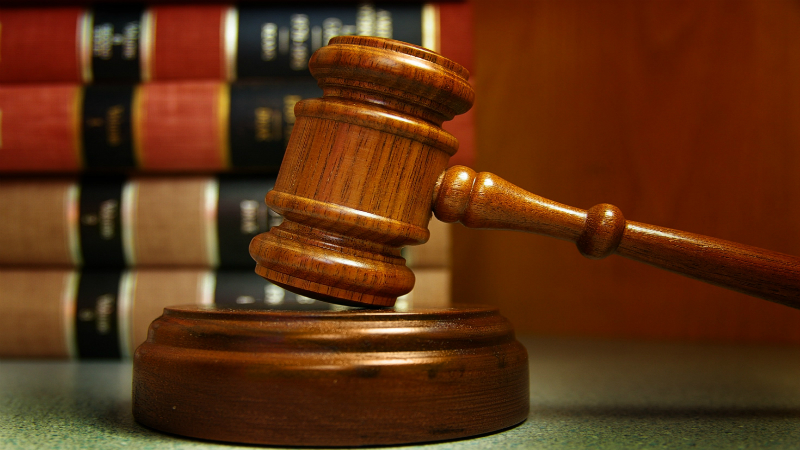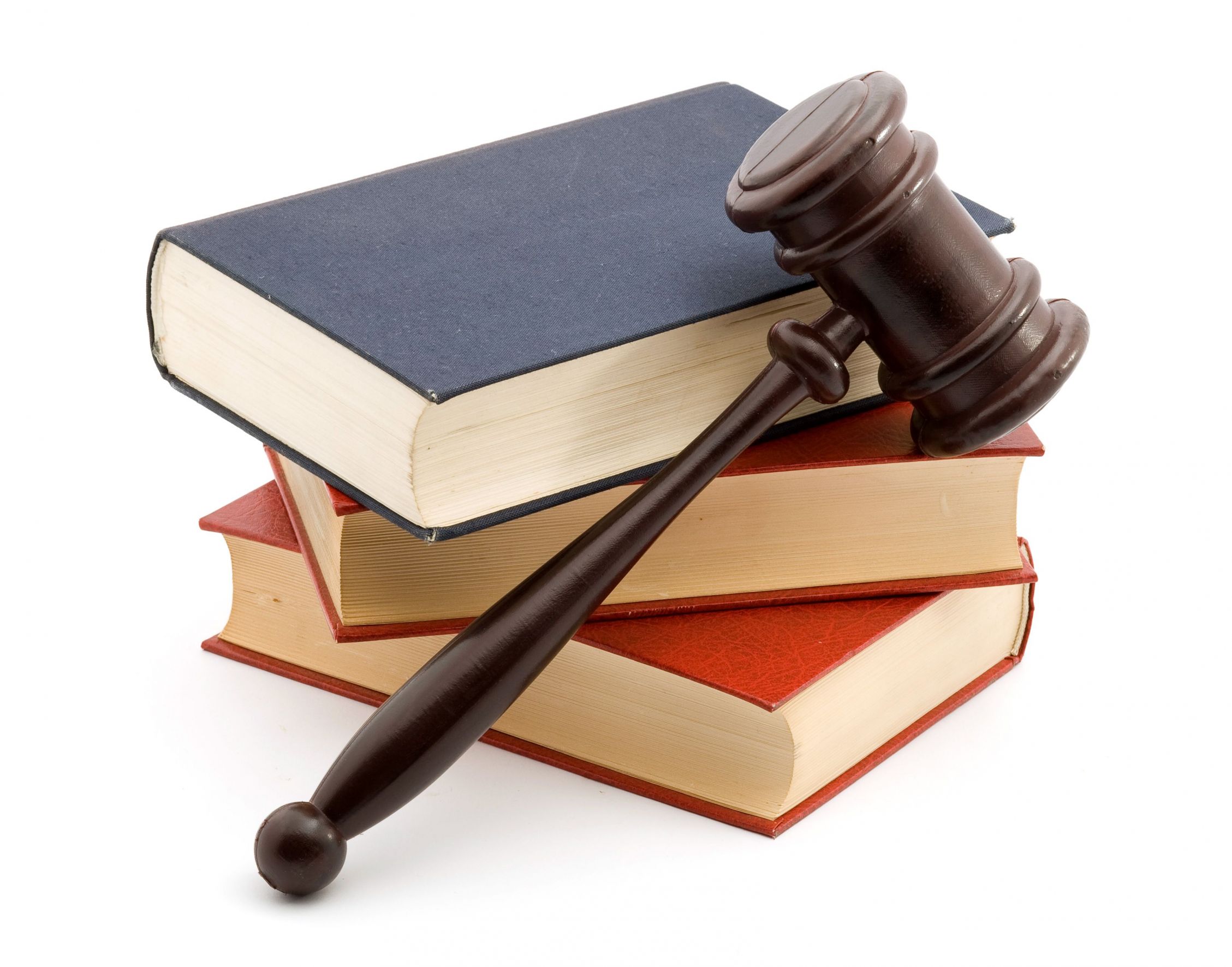When faced with the possibility of bankruptcy, the debtor will not only have to decide whether to file for bankruptcy, but also which type to file for. The purpose of the bankruptcy law is to given an honest, but unfortunate debtor a chance for a fresh start unhindered by the debt. A Bankruptcy Attorney in Livonia will be able to explain the six types of bankruptcy and help determine which is best for a debtor’s individual situation.
Three of these apply only in very narrow circumstances. Chapter 9 bankruptcy relates to the debts of a municipality. Chapter 12 bankruptcy is a special modification of Chapter 13 bankruptcy specifically for farmers. Chapter 15 bankruptcy applies when there are cross border debts. A Bankruptcy Attorney in Livonia can provide assistance if any of these special circumstances arises.
Chapter 11 bankruptcy is a common form of bankruptcy for business organizations. In Chapter 11, the business seeks to continue operating instead of going out of business. A court approved reorganization plan is formed where the debtor’s payment schedule is modified and the amount of the payments is possibly reduced. The debtor is also allowed to rescind certain contracts and leases that place a burden on the company.
Chapter 13 bankruptcy is a common option for individuals and is similar to Chapter 11 bankruptcy. If a debtor has regular income, they are entitled to enter into Chapter 13 bankruptcy as long as a small number of conditions, such as enrollment in a financial management course, are met. As in Chapter 11 bankruptcy, the individual enters into a repayment plan that may only partially repay the debt, but provides a complete discharge. The length of this payment plan varies from three to five years depending on the individual’s income.
Chapter 7 bankruptcy is available to both business organizations and to individuals. Chapter 7 is a liquidation. With some limited exemptions for individuals, all property of the debtor is sold off with the proceeds going to repay the debt. Often, the debtor may not have sufficient assets to even hold a liquidation, but the debt is still discharged. Because of the potential for abuse, there are upper limits on income of those filing for Chapter 7 bankruptcy.








